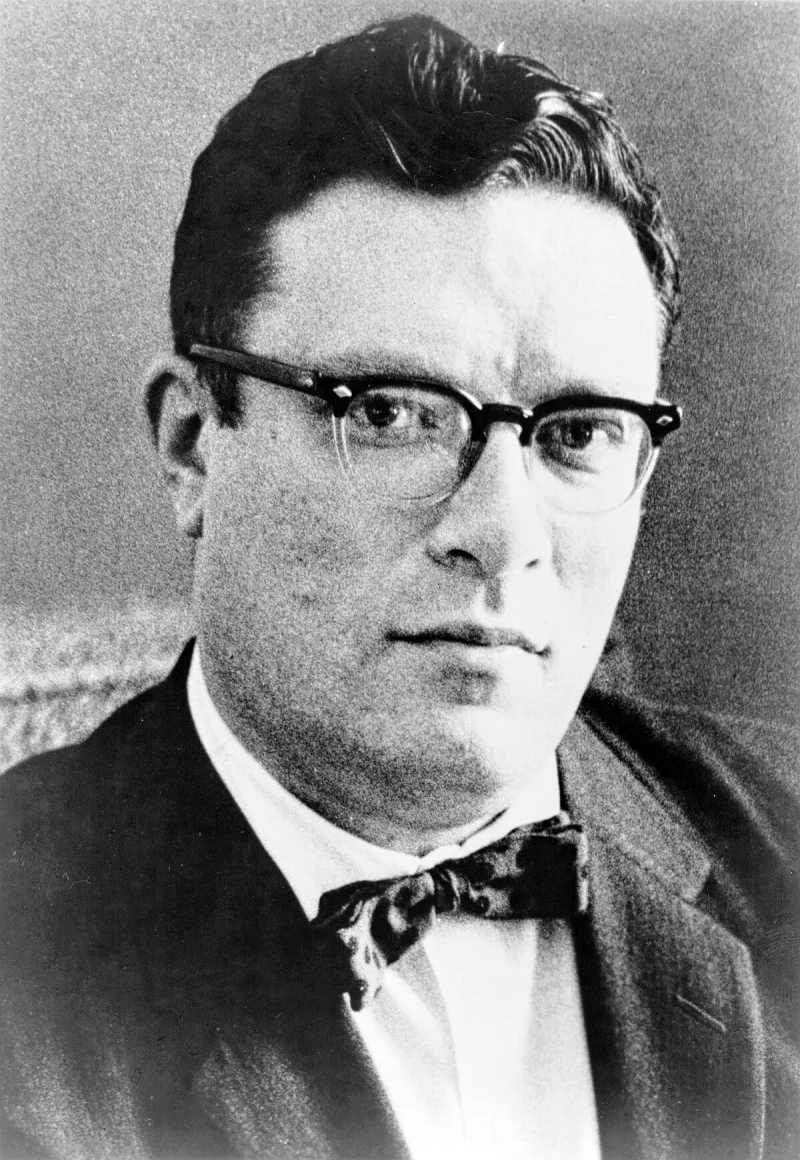Short Summary
Albert Camus was a French philosopher, author, and journalist, known for his contributions to the philosophy of absurdism and existentialism. Born in Algeria, he became famous for his novels "The Stranger" and "The Plague," which explore themes of alienation and the human condition. In 1957, he was awarded the Nobel Prize in Literature for his profound influence on modern thought. His work continues to be celebrated for its exploration of existential themes and its reflection on the human struggle for meaning.
Early Life & Education
Albert Camus was born on November 7, 1913, in Mondovi, French Algeria, to a poor French-Algerian family. His father died in World War I when he was just a year old, leaving his mother to raise him and his brother in poverty. Despite these hardships, he excelled academically, attending the University of Algiers where he studied philosophy. Early influences included his teacher Louis Germain, who recognized his potential and encouraged his intellectual pursuits. Camus' early environment and education laid the foundation for his later philosophical explorations and literary endeavors.
Career Highlights
Camus began his career as a journalist, writing for the Alger Républicain. His first major literary success came with the publication of "The Stranger" in 1942, which established him as a leading literary figure. He continued to write novels, essays, and plays, with key works including "The Myth of Sisyphus" and "The Plague." During World War II, Camus was involved with the French Resistance, contributing to the underground newspaper Combat. His career was marked by a deep engagement with philosophical questions of absurdity and rebellion, as well as an unwavering commitment to addressing social injustice.
Major Achievements
- Published "The Stranger," a seminal work in existential literature.
- Won the Nobel Prize in Literature in 1957 for his contribution to contemporary literature.
- Authored "The Myth of Sisyphus," a philosophical essay exploring absurdism.
- Contributed to the French Resistance during World War II as editor of Combat.
- Published "The Plague," which became a classic exploration of human resilience.
Famous Quotes
- "In the depth of winter, I finally learned that within me there lay an invincible summer."
- "The only way to deal with an unfree world is to become so absolutely free that your very existence is an act of rebellion."
Interesting Facts
- Camus was the second-youngest recipient of the Nobel Prize in Literature.
- He was a passionate football fan and played as a goalkeeper in his youth.
- Camus' philosophical views often led to tension with Jean-Paul Sartre, another prominent existentialist thinker.
- He was deeply influenced by his experiences in Algeria, which often featured prominently in his work.
Legacy / Influence
Albert Camus left a lasting impact on literature and philosophy, particularly through his exploration of absurdism. His works continue to be studied for their profound insights into the human condition and the quest for meaning in an indifferent universe. Camus' emphasis on personal integrity and moral responsibility resonates with readers and thinkers, cementing his status as a key figure in 20th-century thought.
FAQ
Q: Why is Albert Camus famous?
A: He is famous for his novels and philosophical essays that explore themes of absurdism and existentialism.
Q: What is "The Stranger" about?
A: "The Stranger" is about an emotionally detached man named Meursault, who finds himself alienated from society and eventually on trial for murder.
Q: What did Camus achieve with "The Myth of Sisyphus"?
A: In "The Myth of Sisyphus," Camus explores the concept of absurdity, questioning the meaning of life and how one should respond to a seemingly meaningless world.
Q: How did Camus contribute to the French Resistance?
A: He contributed as an editor and writer for the underground newspaper Combat, advocating for freedom and justice during the German occupation.











